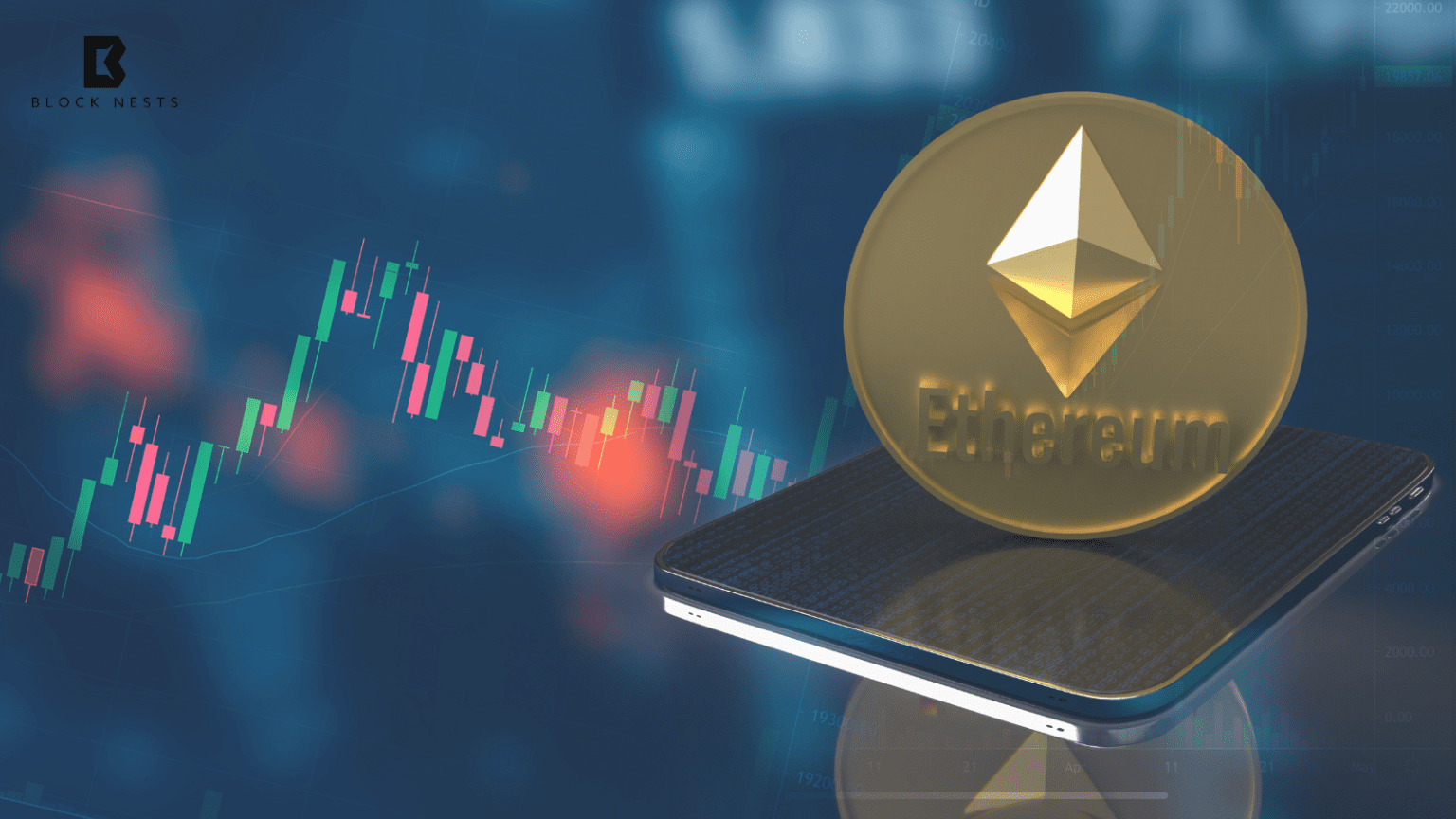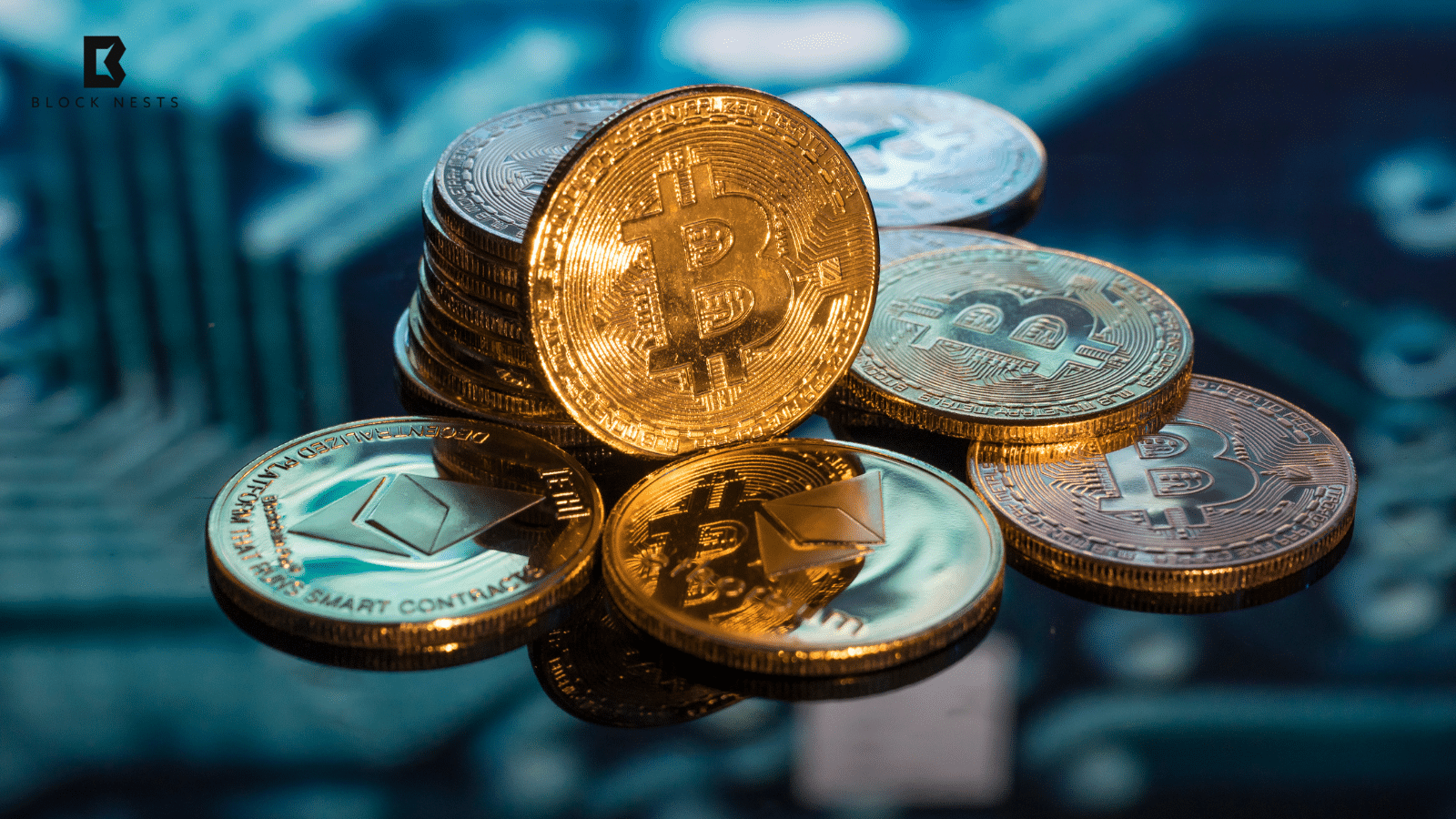- Pierre Rochard strongly asserts that XRP does not qualify as a security, reigniting ongoing debates about its regulatory classification.
- XRP’s inclusion in a multi-token reserve has sparked controversy among Bitcoin maximalists, further deepening divisions within the cryptocurrency space.
- Ripple CEO Brad Garlinghouse has defended the multi-token reserve, advocating against maximalism and supporting a diversified cryptocurrency ecosystem.
According to Pierre Rochard, vice president of research at Riot Platforms, XRP should not be considered a security under existing regulations. He emphasized that Ripple, the blockchain company associated with XRP, has no legal obligation to provide investors with any specific utility. Rochard, who has criticized Ripple numerous times, argued that XRP investors lack legal standing if Ripple decides to sell its stake. He also pointed out that investors can only sell what they own, further reinforcing that XRP does not qualify as a security.
His remarks have reignited discussions within the cryptocurrency industry, particularly among individuals debating XRP’s complex regulatory classification. The ongoing controversy stems from the SEC’s lawsuit against Ripple, which accused the company of selling unregistered securities.
XRP’s Inclusion in Multi-Token Reserve Triggers Criticism from Bitcoin Maximalists
XRP’s recent inclusion in a strategically designed multi-token cryptocurrency reserve has sparked opposition from various factions within the digital asset space. The move has drawn harsh criticism from Bitcoin maximalists, who strongly oppose the diversification of cryptocurrency reserves beyond Bitcoin.
Ripple CEO Brad Garlinghouse had previously defended this initiative, arguing that a multi-token reserve is essential for the industry’s stability. He has consistently opposed maximalist ideologies, advocating for a broader cryptocurrency ecosystem.
Judge Analisa Torres previously ruled that secondary sales of XRP do not constitute securities transactions, which weakened the SEC’s case. This decision strengthened Ripple’s legal position, yet critics remain divided on whether XRP should be classified as a security.
The ongoing debate regarding XRP’s legal classification continues to shape discussions surrounding cryptocurrency regulations and their future implications. Industry participants remain focused on developments, as regulatory clarity is crucial in determining the long-term trajectory of the sector.
Also Read: Michael Saylor Acknowledges Multi-Token Reserve Including XRP, Marking Shift in Stance
How would you rate your experience?






